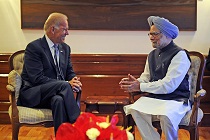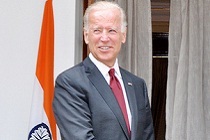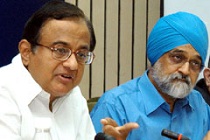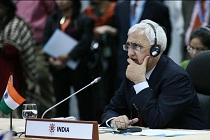India’s torpor, U.S.’ frustration
Policy-making in India remains haphazard, and in the name of ‘strategic autonomy’ New Delhi is scuttling its own rise. Biden’s visit underlines India’s importance in the U.S.’ strategic calculus. India must now decide what role it sees for the U.S. in its foreign policy matrix and for itself in the global order










